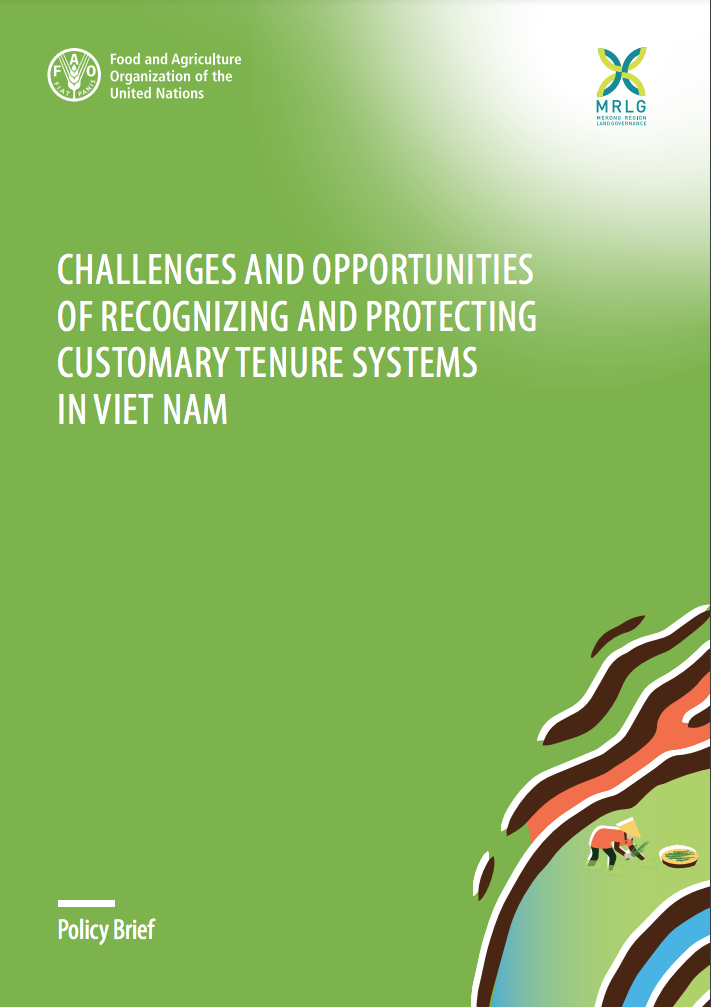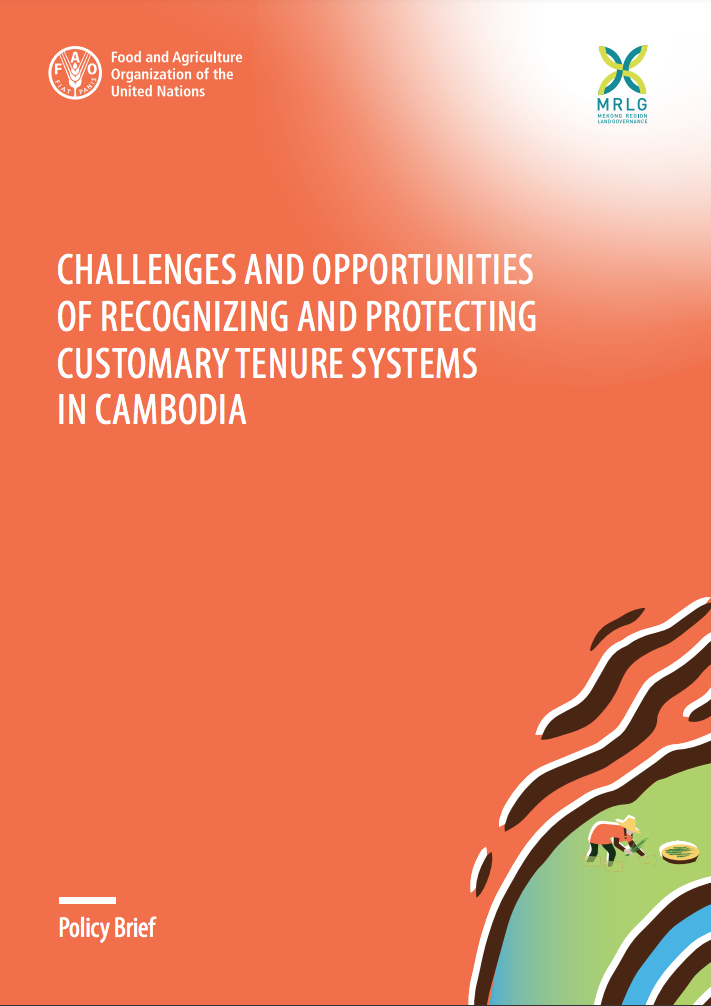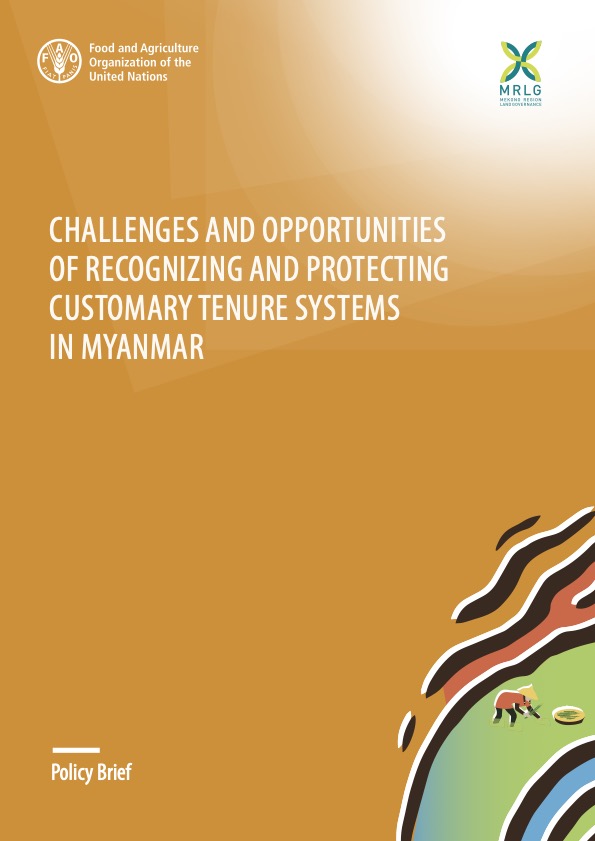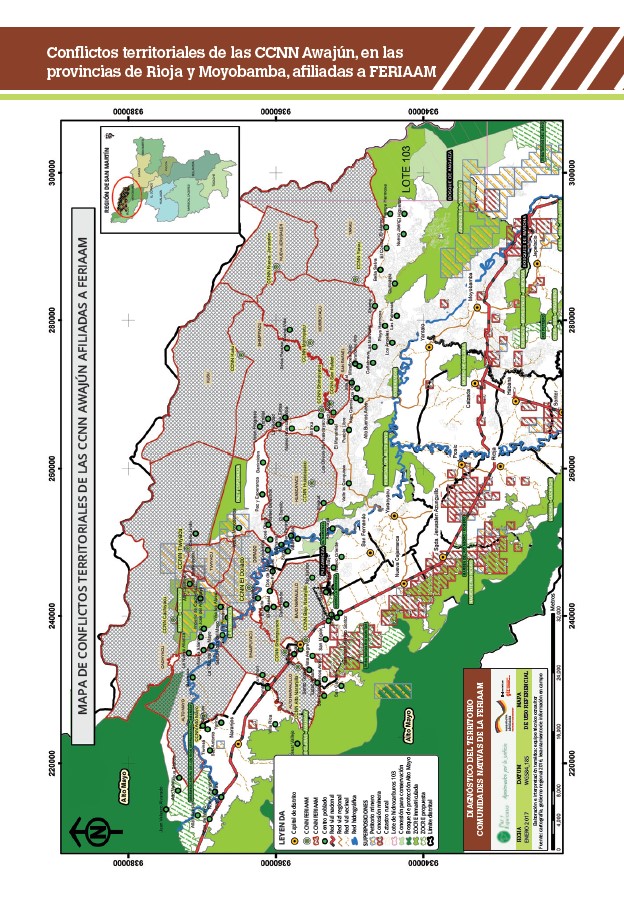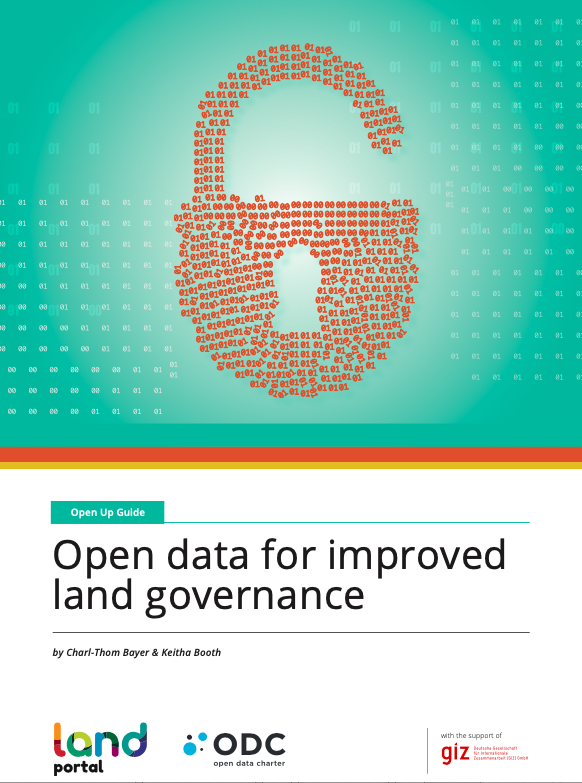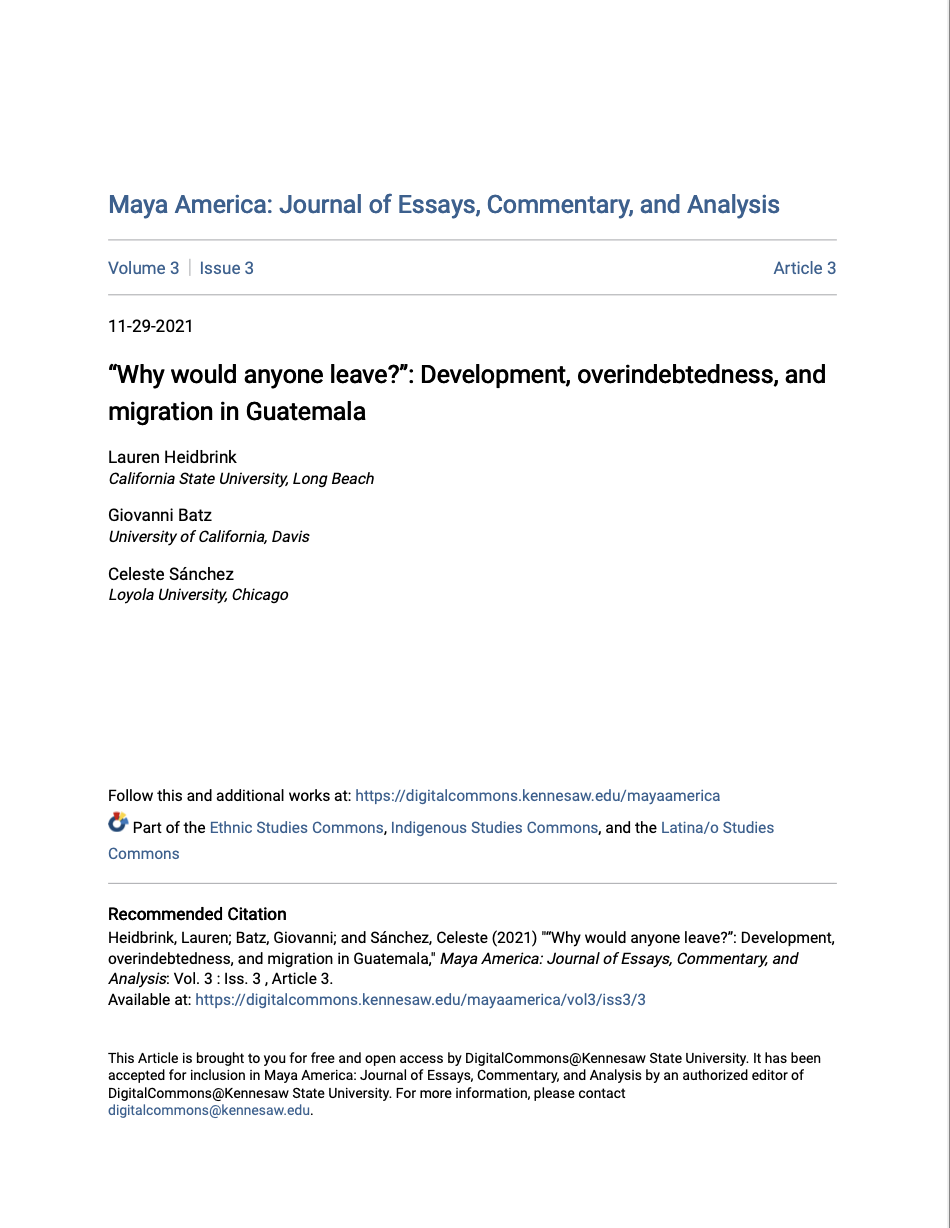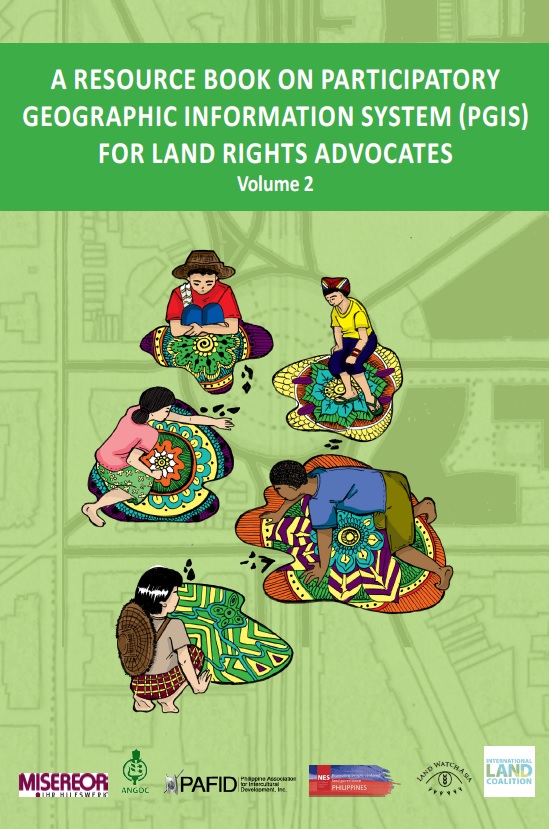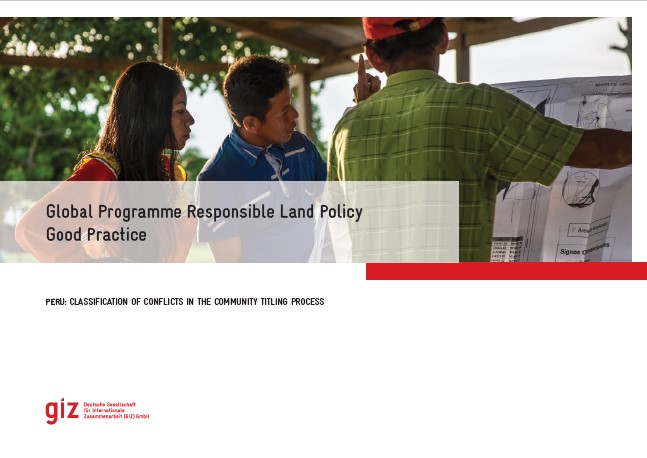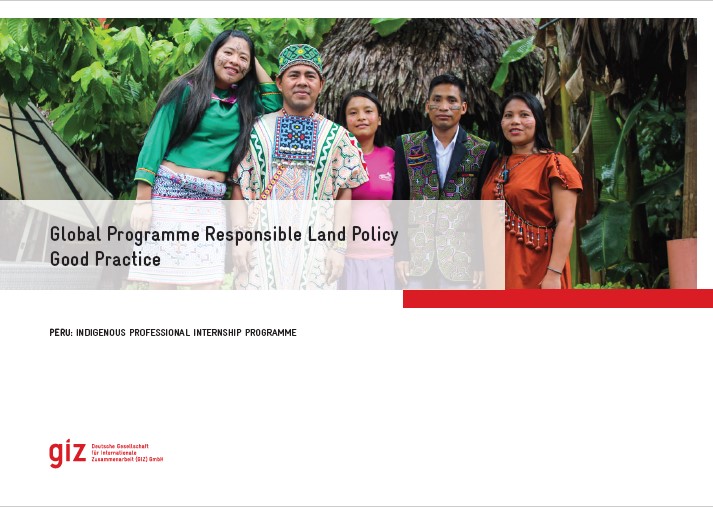Challenges and opportunities of recognizing and protecting customary tenure systems in Viet Nam
This policy brief was developed in order to enable a meaningful engagement and policy dialogue with government institutions and other relevant stakeholders about challenges and opportunities related to recognizing customary tenure in Viet Nam.

